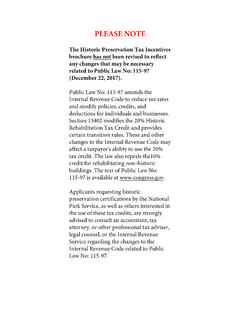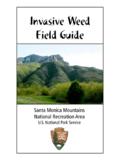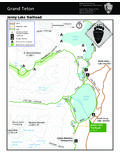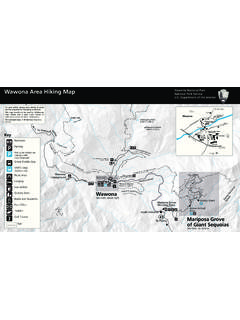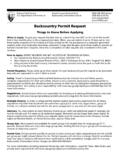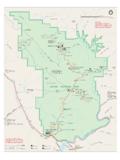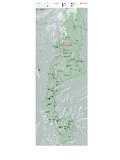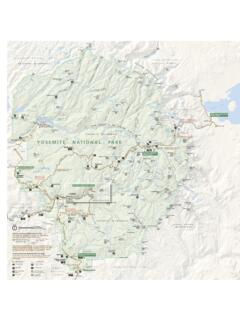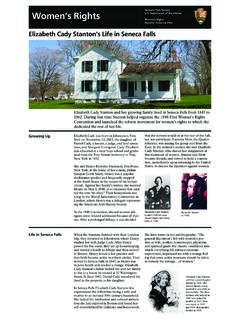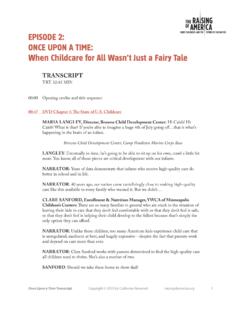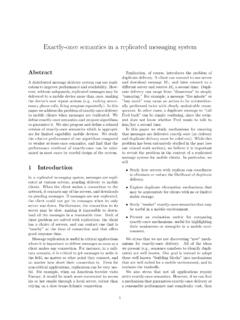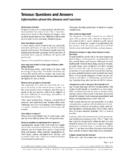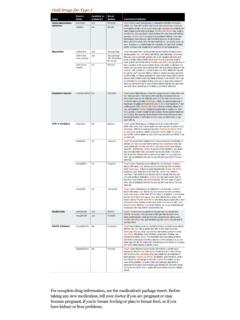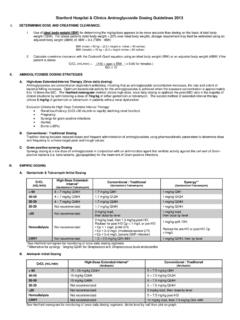Transcription of A Boy Once Named Felix Karen Weston Gonzales
1 A Boy Once Named Felix by Karen Weston Gonzales When different groups of people fail to understand each other, ignorance and intolerance of cultural differences often leads to war. How many times in the past have a few individuals made choices which affect an entire population? Such is the case of an incident that started with a boy disappearing and ended with the demise of a traditional lifestyle for the last free-roaming Native Americans known as the Chiricahua Apaches. In the winter of 1861, at Apache Pass, north of the Chiricahua mountains in Southeast Arizona, a drama unfolded that sparked the Apache Wars of America s southwest.
2 Though there had been isolated instances of violence between the Apache people and the new Americans arriving to the area, all-out war did not ignite until an unfortunate situation developed between two men who clearly did not understand each other. This historical drama which took place is known by two names. Commonly referred to as The Bascom Affair, Named after Lt. George N. Bascom, the Apache people call the incident Cut The Tent referring to Chiricahua Apache Chief Cochise s instantaneous reaction to, and escape from, an attempted arrest. Though the facts remain debatable, this we know: in January, 1861, a 12-year-old boy Named Felix disappeared from a Santa Cruz area ranch in southern Arizona Territory.
3 The boy s stepfather, a rancher Named John Ward, reported to officers at nearby Fort Buchanan that while he was away from home a band of Apaches ran off his livestock, and abducted the son of Carmen Martinez, his common-law wife. Some historians question what may have troubled Ward the most, losing his livestock or his step-son. However, Felix s mother is another matter. Carmen surely felt great anguish over the loss of her first-born child. This article will focus on the emotional impact of those involved in an attempt to understand what motivated their choices and actions. Let s start with Cochise. In 1861, the chief of the Chokonen band of Chiricahua Apaches was then about 50 years old.
4 Highly respected among the Apache people, Cochise was known as an accomplished warrior and powerful leader. The Butterfield Overland Trail had recently been mapped through Apache Pass, one of Cochise s favorite camping spots because of Apache Spring. A stage station was built. The Butterfield employees at the stage station were cautiously friendly with Cochise before this incident and it was common for Apaches to visit the station and occasionally trade firewood there for other items. At this point in history, Cochise s warriors were known to attack and raid settlements in Mexico to steal livestock and supplies, also to seek vengeance on the Mexican people who they had been warring with for several hundred years.
5 Though Cochise may have been wary of the new Americans, he also seemed curious about them and perhaps visiting the station regularly was his way of getting to know them. Captain Sladen, who later spent 10 days in Cochise s camp in 1872, wrote this about the chief in his journal: He carried himself with great dignity, and was always treated by those about him with the utmost respect and, at times, fear. Son of Apache Chief Juh, Asa Daklugie, told author Eve Ball, that Cochise had a profound sense of honor. Cochise was very proud of making his word hated liars. Cochise was definitely a man not accustomed to anyone questioning or doubting his word.
6 Now let s examine Second Lieutenant George Bascom. He was 24, from Kentucky, having graduated from the Military Academy in 1858, 26 th in a class of 27. He served in Utah before being reassigned to Fort Buchanan in Arizona, had only been in the area for three months and knew little to nothing about the Apache people. Charles D. Poston, explorer, prospector, politician and author, known as The Father of Arizona because of his lobbying efforts to create the Arizona Territory, had this to say about the young lieutenant: Bascom was a fine-looking fellow, a Kentuckian, a West Pointer, and of course, a gentleman; but he was unfortunately a Poston, also from Kentucky, was in southern Arizona during this time.
7 From the information we know about Bascom, including Poston s observation, we can surmise he was a young, eager officer trying to prove his worth. His commanding officer, Lieutenant Colonel Pitcain Morrison, ordered Bascom to pursue the Indians and recover a the immediate restoration of the stolen (if necessary) use the force under his orders. Morrison assigned Bascom a force of 54 newly arrived mounted troopers. The inexperienced lieutenant proceeded to lead his inexperienced troopers into the field. Finding tracks of the raiders ponies leading eastward from Ward s ranch towards the Chiricahua Mountains, assumed Cochise s band was guilty of the raid.
8 Had he known Chiricahua Apaches were not known at that time for kidnapping and that the livestock raiding they engaged in then was limited almost entirely to south of the border, Bascom may have approached the chief in another way. How different might the outcome had been if the young army lieutenant had respectfully asked the elder Apache chief for his help in locating and retrieving the boy? Instead, he led his troops to Apache Pass with the intention of confronting Cochise. The soldiers camped near the Butterfield Overland stage station and though stories vary, most historians believe Bascom informed the men working at the station that he wished to speak with the chief, though he did not reveal why.
9 Some reports indicate Bascom may have been intentionally misleading about his presence, telling the Butterfield employees his troops were only passing through. When Cochise did not immediately respond to a message sent to him to come in and talk to the officer, Bascom reportedly asked a Butterfield employee Named Wallace, known to be friendly with the chief, to deliver a second request. Though Wallace hesitated, he eventually complied. Perhaps his reluctance to deliver the message was based on suspicion Wallace may have felt towards Bascom s intentions. Maybe he had a gut feeling Lt. Bascom wanted to do more than just meet the chief.
10 However, Cochise eventually did come to Bascom s camp, at dinner time. Because Cochise brought several of his family members to Bascom s tent to share a meal, he obviously believed this was a social visit. At some point during this meeting, Bascom accused the chief of kidnapping the boy. Though Cochise denied the accusation and told the officer he did not know the whereabouts of the boy he did say he would try to locate him and secure his release. However, the lieutenant told the chief he would not allow him to leave until the boy was returned. Perhaps Bascom did not realize there were many different bands of Apaches.
